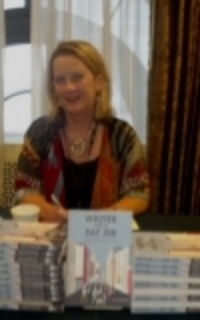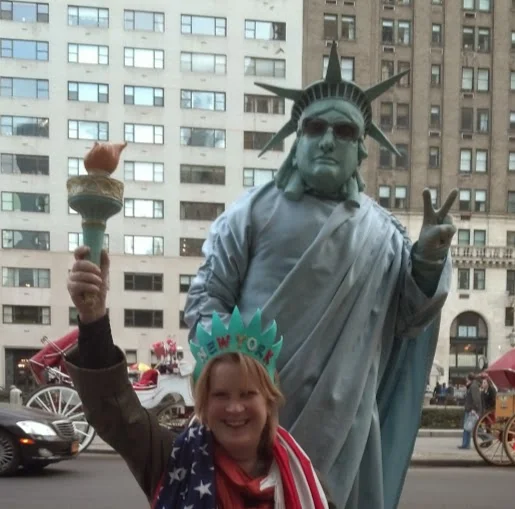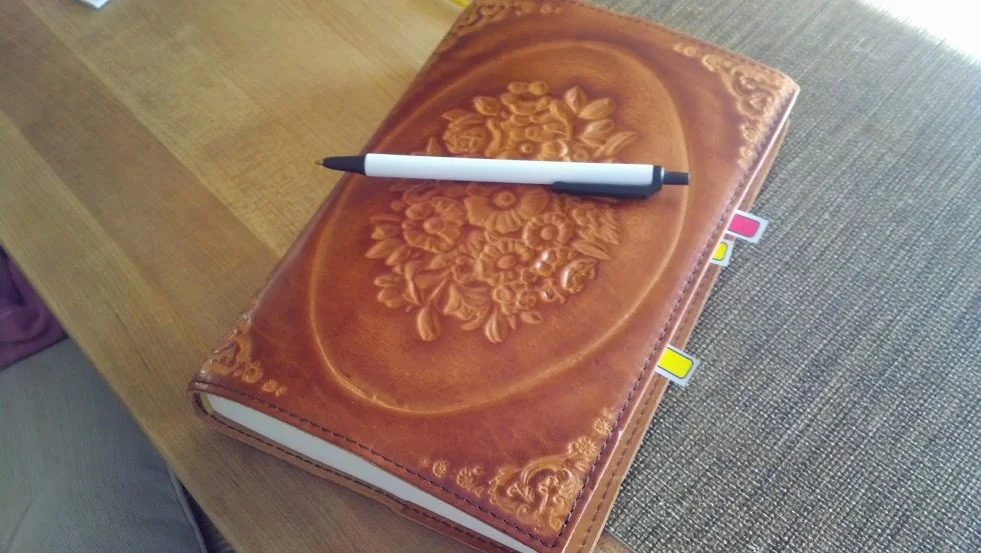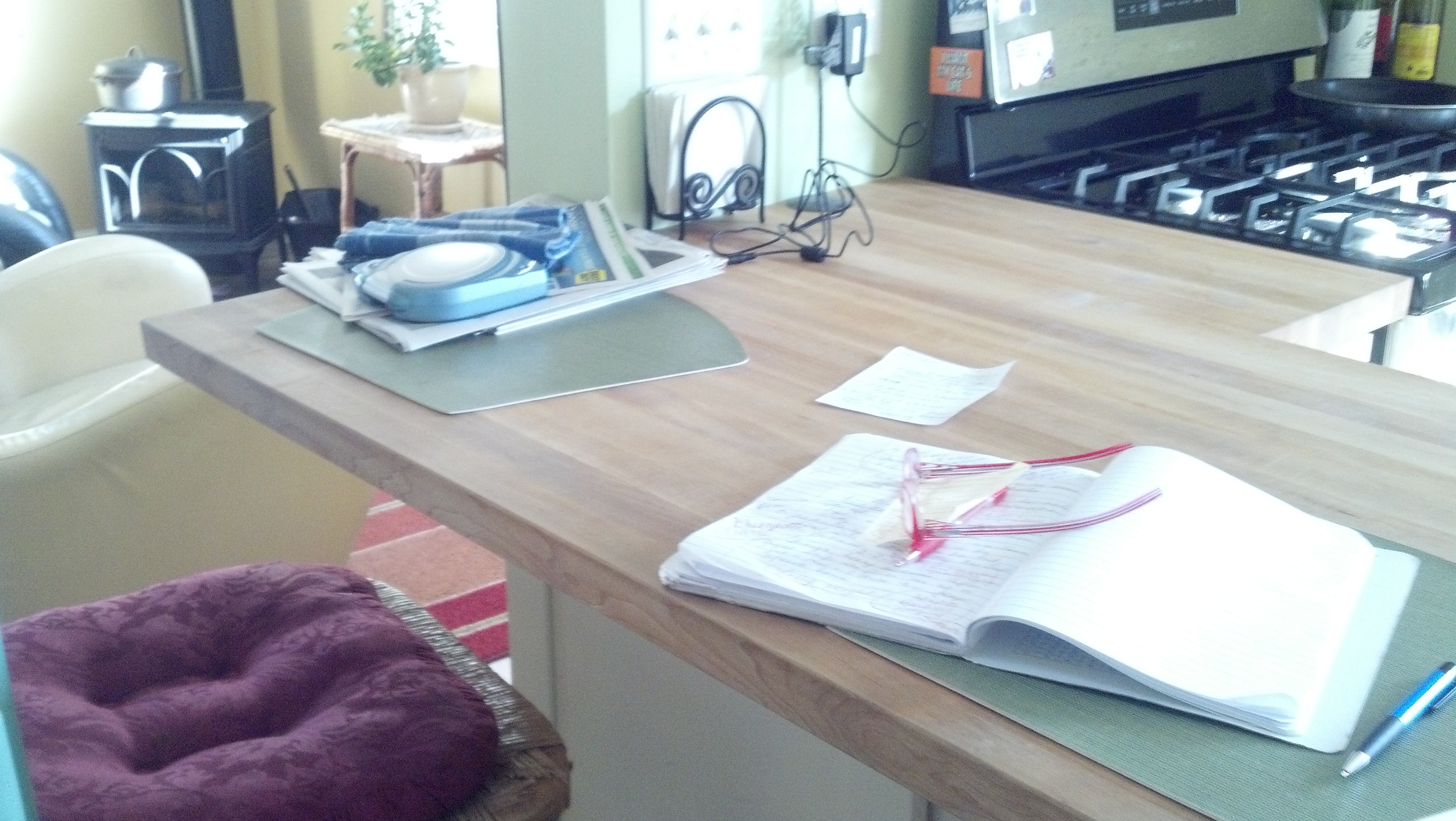Labor Day, Writing and Stephen King
Seven years ago, a student of mine recommended Stephen King's book, "On Writing: A Memoir of the Craft."
I had never read a King novel, but I decided to give his book on writing a try.
When I got to that part about writing making you happy, I rolled my eyes and muttered, "Yeah. Easy for him to say."
I don't recall what incited that day's snark attack, but it's safe to say that I was either (a) wrestling with some piece of writing that wouldn't obey or (b) smarting from an editor's rejection or (c) so busy with work that I had limited or no time to write--hence, the grumpies.
I snapped out of it, and now, King's "get happy" line is one that I often use as a benediction before my creative writing workshops. It's one of those lines that I wish I had written first, or at minimum, I wish that King had used me as Exhibit A, as his writing-makes-you-happy poster child.
“Writing isn’t about making money, getting famous, getting dates, getting laid, or making friends. In the end, it’s about enriching the lives of those who will read your work, and enriching your own life, as well. It’s about getting up, getting well, and getting over. Getting happy, okay? Getting happy.”
Mind you, the work-happiness equation is easier to define in its absence--when we know that it's our job that's making us frantic or factious or just plain sad.
So hands up now, who among us has not had one of those toxic jobs, those cubicle-bound incarcerations where Friday couldn't come fast enough? Oh, yes. You know the gigs--the stuff of "Dilbert" cartoons and T.V. sitcoms ("The Office") and those night dreams in which you're the perpetrator and your boss is the victim and ... well ... let's just say that Mr. King could never craft anything as gory or gratifying as your work-revenge dream.
Now and again, when I'm rummaging through the basement for old snow boots or a lost kitchen gadget, I come across a box of my old journals. I can't resist. I open a random notebook and flick to a random page. For that set of journals dating from the early to the mid-`90s, I'm struck by how sad I was back then. Beneath my handwritten words is a low-grade (and often overt) depression. Other journal pages bristle with an anger that now, almost two decades later, makes me stop reading my own writing.
Yes, there were parts of my then life--including genetics--that could have disposed me toward melancholia. But it's hard to miss that one, glaring factor: A suffocating and very meaningless job. The second factor: Except for the odd scribble on my lunch hour, I wasn't writing.
Compared to back then, my current life is pretty damn good. It's pretty darn happy. I have a fulfilling day job with smart and decent colleagues. Weekends and early mornings, I get out of bed to do what I love best: writing.
So this Labor Day, if your work makes you happy, raise your coffee cup in a toast to good work and colleagues who deserve you.
But if you suspect that work is a contributing--or the--factor in your sadness or, worse, depression, then use this Labor Day to list some steps to (a) Find new and different work or (b) Make your current job better, more tolerable, happier.
Because Stephen King said so.
What was your most miserable job? Or, what are your thoughts on writing and its contribution to personal happiness? Write in the comments below.















